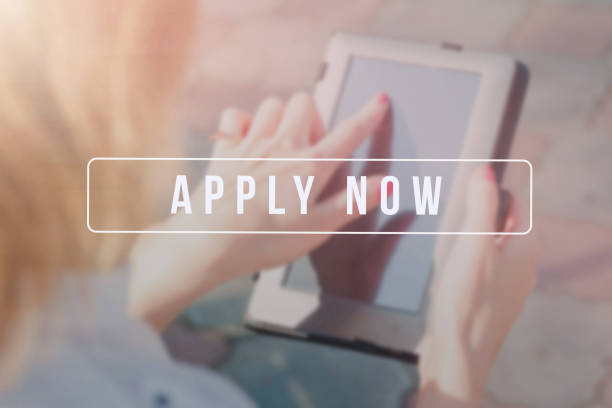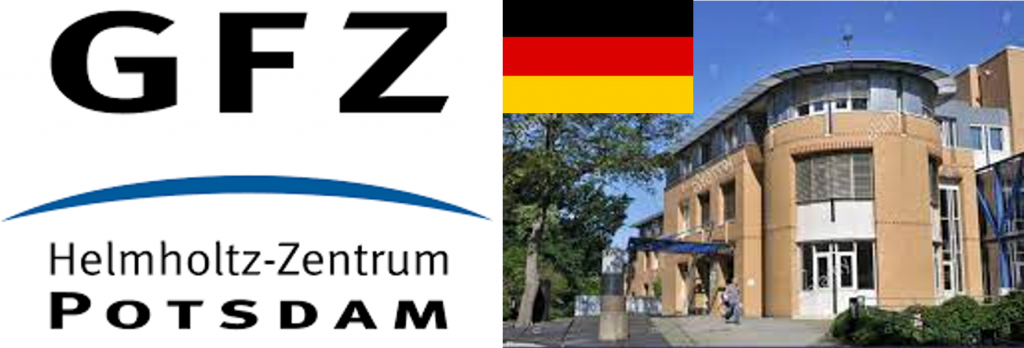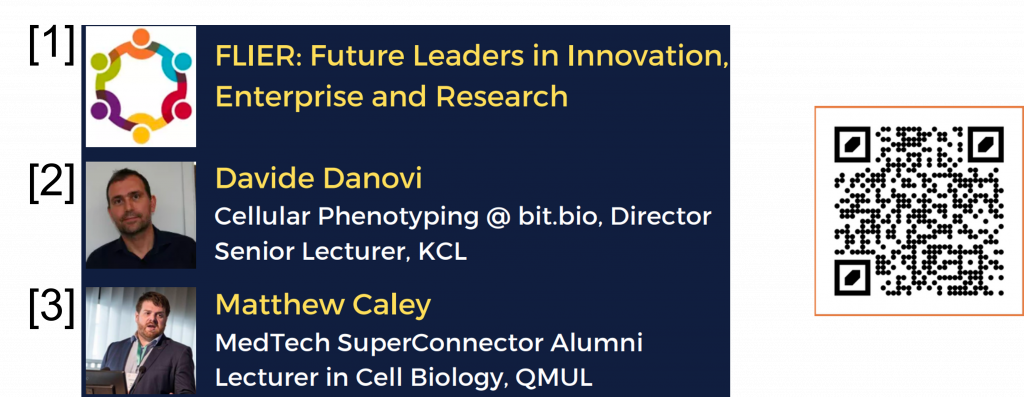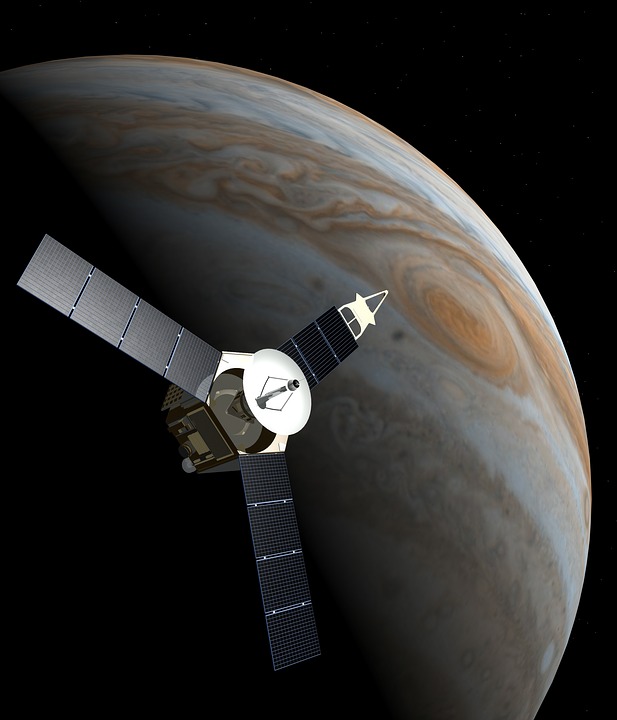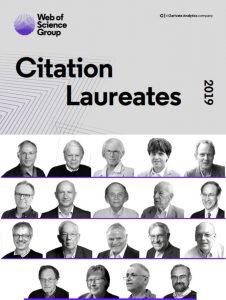NANOCORE-IMDEA Nanociencia is a 15+ scientists, 3+M€, 3+ year collaboration between the group of Prof. Emilio M. Pérez at Madrid-based, Severo Ochoa Center of Excellence, IMDEA Nanociencia, and the Danish nanotech company NANOCORE. They are using a novel and proprietary technology, developed during the course of ERC StG and PoC grants, to finally unleash the enormous potential of carbon nanotubes as fillers in polymer composites.
They are seeking smart and engaged scientists at the Research Scientist, PostDoc, PhD and Technician levels (several positions available), preferably with knowledge and experience in one or several of the following areas:
- Polymer/composites chemistry and analysis
- Materials science and engineering
- Structure-property relationships in materials
- Carbon nanotubes and graphene
REQUIRED EDUCATION LEVEL: Chemistry: Master Degree or equivalent
Skills/Qualifications
1. Research Scientist: More than four years postdoctoral experience in the specific topic.
2. PostDoc: PhD in chemistry completed when the position starts. Ability to demonstrate exceptional research accomplishments.
3. PhD: Master degree courses in chemistry, materials science, engineering or related discipline.
4. Technician: Technician or Superior Technician degree, in the framework of professional training
General Application Requirements
- Applications should be sent electronically to jobs.nanociencia@imdea.org
- The subject of the mail should start with the profile followed by your family name and name (ie. subject: PostDoc Smith John).
- One compressed file (in PDF format) including the following documents:
- Motivation letter (max. 1 page),
- Short curriculum vitae (max. 2 pages including the 5 most relevant papers and invited talks as well as the prizes or other major achievements, etc.)
- For the Research Scientist, Postdoc and Technician position, names and contact details of at least two Referees.

